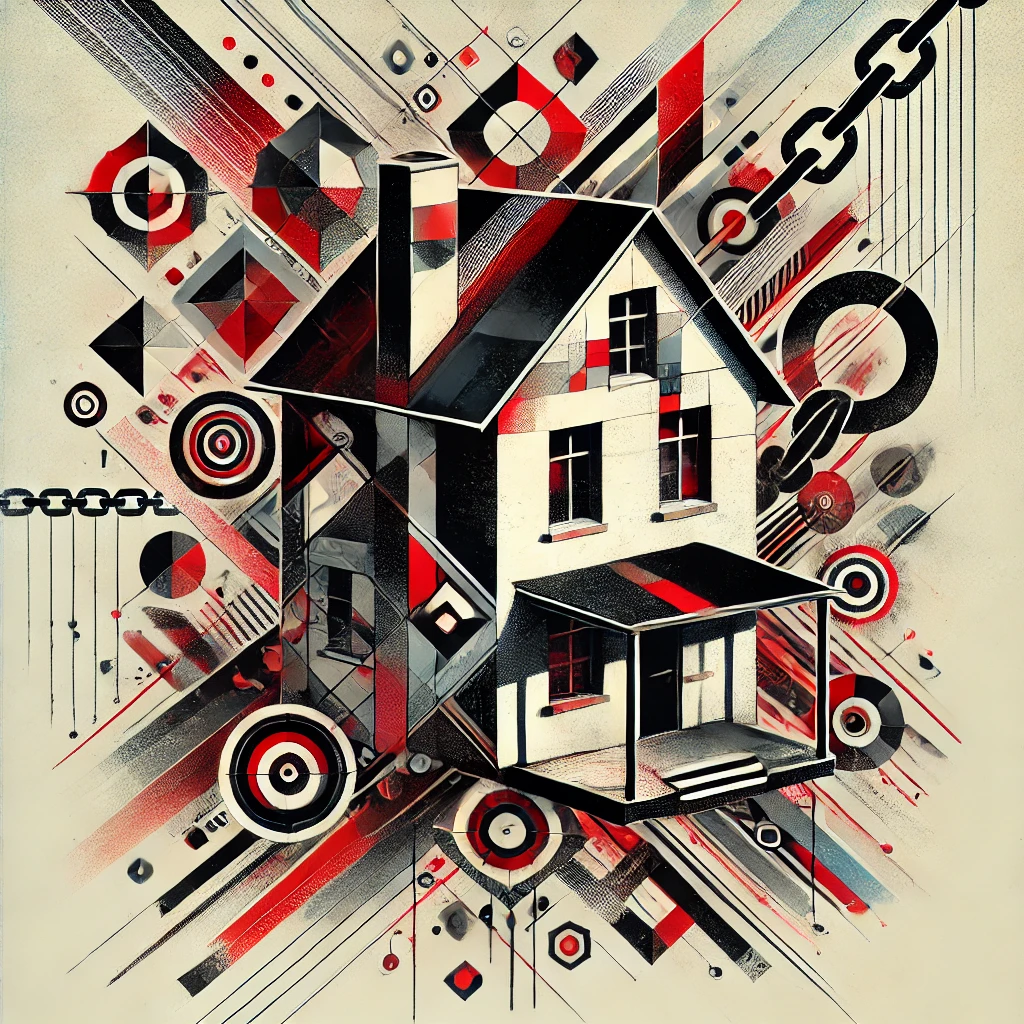Critical Theory

Place of Origin: Europe (primarily Germany)
Century of Origin: 20th Century CE
Overview of Critical Theory
Critical Theory is a philosophical approach that focuses on understanding and challenging the power structures in society. It aims to expose how systems like capitalism, politics, and media control people and limit their freedom. Critical theorists argue that these systems often keep people in a state of oppression without them realizing it, and they encourage people to critically examine these power structures. The goal of Critical Theory is to help people become more aware of the ways they are controlled, so they can work toward creating a more just and equal society.
In Critical Theory, metaphysics focuses on the idea that social and cultural systems shape people's lives and experiences. Critical theorists believe that reality is influenced by power dynamics and that what we think of as 'truth' is often shaped by those in power. This philosophy rejects the idea of a fixed or objective reality, arguing instead that our understanding of the world is shaped by social, political, and economic forces. The goal is to uncover these hidden influences and challenge the way they shape people's lives.
Critical Theory views knowledge as something that is not fixed or absolute. It argues that knowledge is shaped by social and cultural influences. Critical theorists believe that the dominant groups in society often control the production of knowledge to maintain their power, creating a false sense of what is 'normal.' This philosophy encourages critical examination of how knowledge is constructed and promotes the idea that understanding social power dynamics can lead to more equitable knowledge.
Ethics in Critical Theory are centered on the belief that society should be fair and just for everyone, and that systems that create inequality and oppression are unethical. Critical theorists argue that it is unethical for a small group of people to control the majority of resources and power. They believe that ethical behavior includes fighting against inequality, challenging power structures, and working to create a more equal and just society for all.
The logic of Critical Theory involves analyzing and questioning the systems of power that shape society. Critical theorists use logical reasoning to show that many ideas we accept as 'truth' are often shaped by those in power to maintain control. This approach values critical thinking and encourages people to be skeptical of accepted beliefs that may reinforce inequality.
In Critical Theory, aesthetics examines how art and culture can reflect and challenge societal power structures. Critical theorists argue that mainstream art often reinforces traditional values and power dynamics, while alternative art forms can challenge the status quo. They believe that art should be used to inspire social change and promote awareness of social injustices.
The methodology of Critical Theory involves analyzing how social, political, and economic systems operate to maintain power and control. Critical theorists examine cultural texts, media, and institutions to reveal hidden power structures and advocate for social change. This approach values interdisciplinary research, combining sociology, philosophy, and political science to understand how systems of oppression operate.
Critical Theory views humans as social beings whose identities and actions are shaped by the structures of power in society. It teaches that people are often unaware of how they are influenced by these systems, but they can develop a critical consciousness to recognize and challenge their conditions. This philosophy emphasizes that human potential can be realized by working collectively to resist oppression and create social change.
Critical Theory’s political philosophy focuses on challenging the power structures that create inequality and limit people's freedom. It argues that social, economic, and political institutions often reinforce existing power dynamics that favor the wealthy and powerful. Critical theorists believe that political systems should promote equality and justice, encouraging grassroots movements to address social injustices.
Critical Theory originated in the early 20th century with the Frankfurt School, a group of philosophers and social scientists who sought to understand how capitalism and culture control individuals. Figures like Max Horkheimer, Theodor Adorno, and Herbert Marcuse were central in developing this theory, critiquing both capitalism and traditional Marxism. Since then, Critical Theory has influenced various social movements and contemporary philosophy, emphasizing the importance of understanding power relations in all aspects of life.
Key themes in Critical Theory include the critique of power, the analysis of how social systems create inequality, and the belief that individuals can work together to create social change. Critical theorists focus on revealing how people's lives are influenced by power dynamics and advocate for awareness and action to achieve justice. Other themes include the importance of questioning authority, promoting social justice, and challenging structures that perpetuate oppression.
Max Horkheimer and Theodor Adorno are significant figures in the development of Critical Theory, known for their critiques of capitalism and culture. Herbert Marcuse contributed to the philosophy by exploring how social change can occur through liberation movements. Jürgen Habermas further developed Critical Theory by focusing on communication and the public sphere, emphasizing the importance of dialogue in creating a just society.



